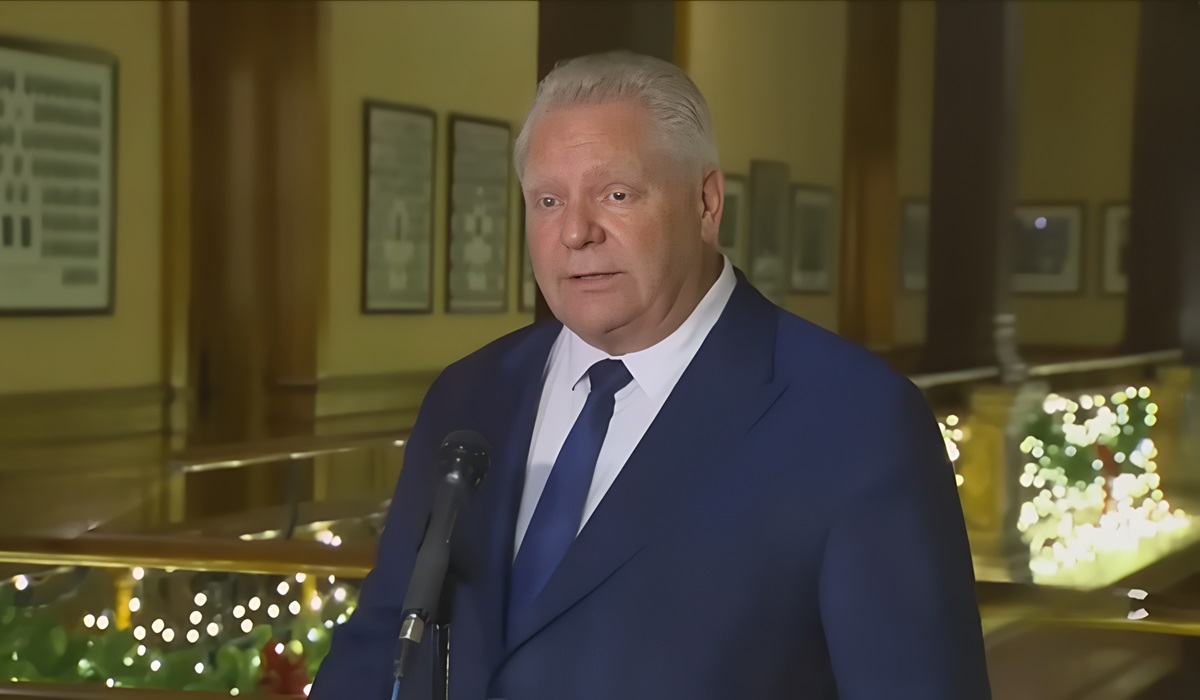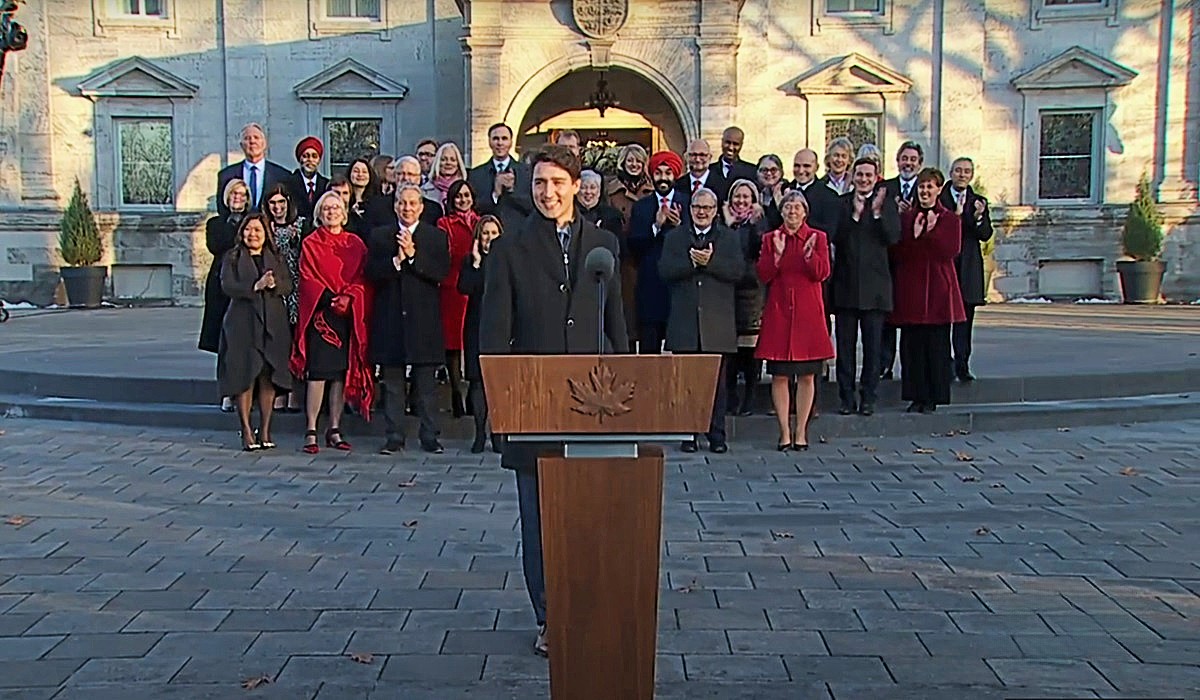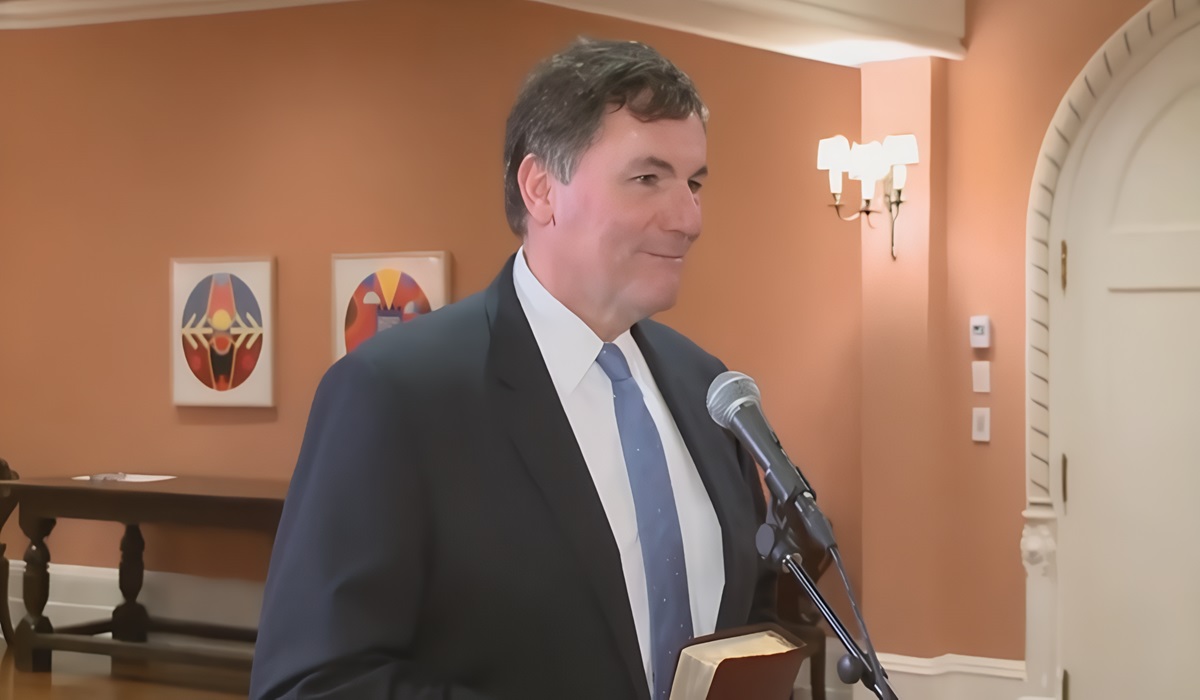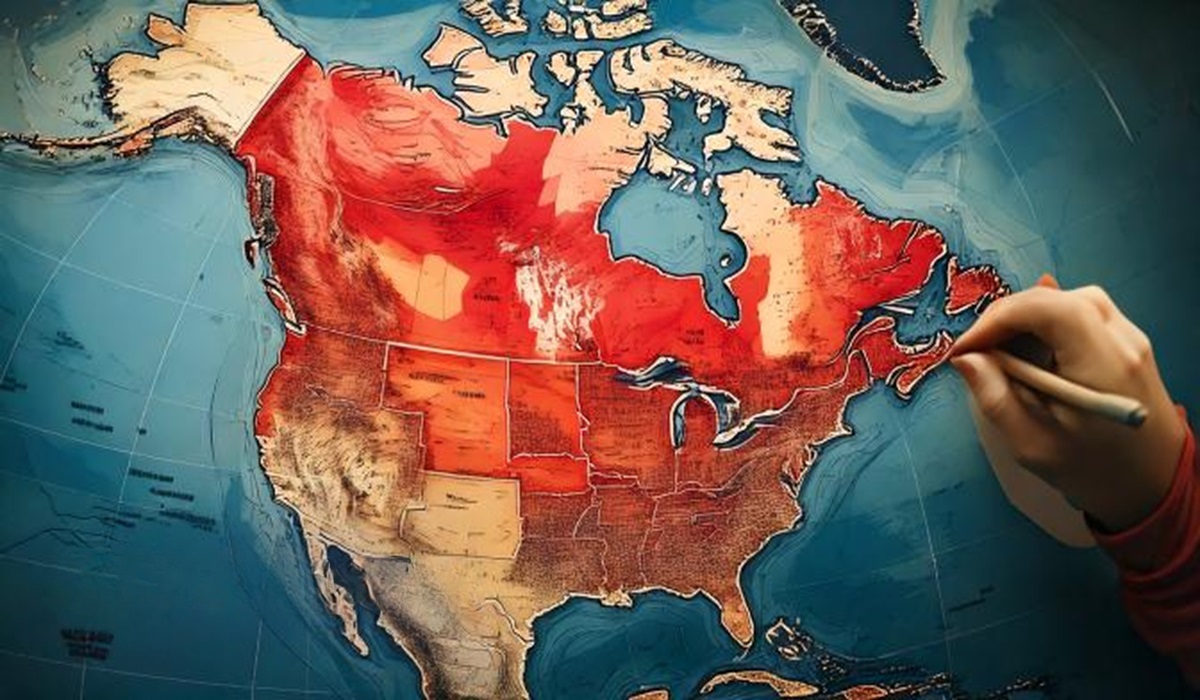Echoes of the Eagle: Canada’s Foreign Policy in the Shadow of U.S. Influence
- Ingrid Jones
- Canada
- August 29, 2024
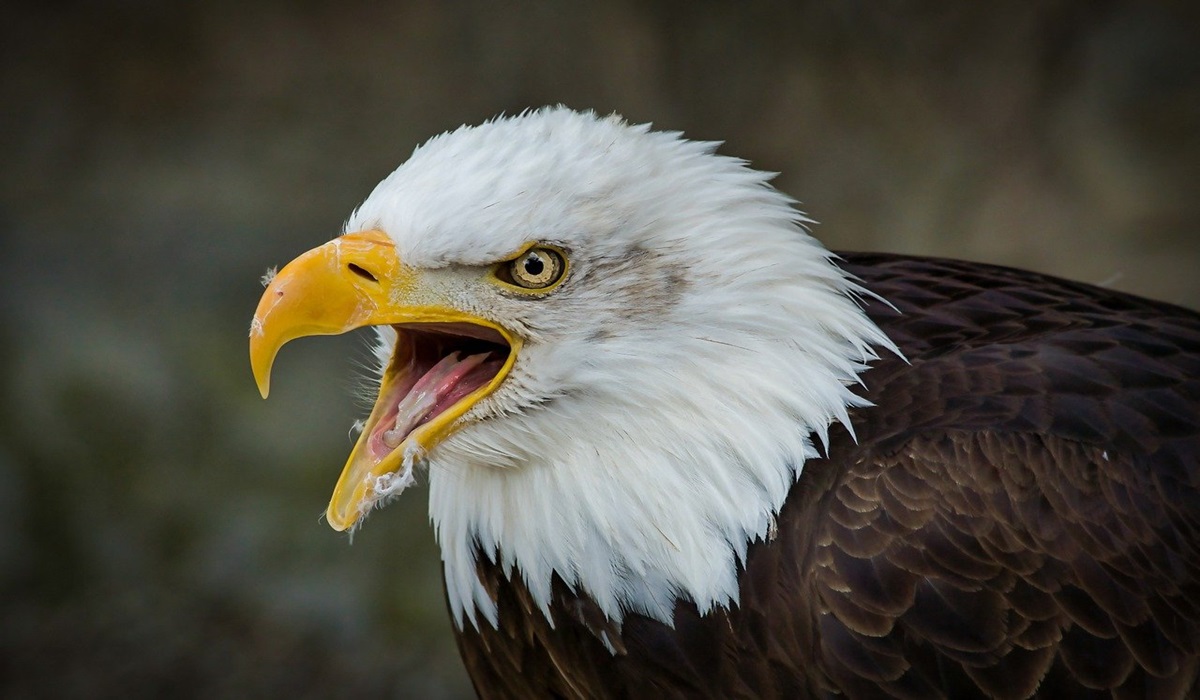
Image Credit,
Under the Trudeau administration, the perception of Canada as a sovereign nation capable of making independent decisions on the global stage has increasingly come under scrutiny. The administration, despite its initial promise of progressive leadership and a strong national identity, now seems to project a country that struggles to act without first gauging the stance of its southern neighbor, the United States. The question arises: Is Canada, under the current government, merely a compliant extension of U.S. policy, particularly in foreign affairs?
The country’s foreign policy has been anything but clear or coherent, often appearing as a mere echo of U.S. positions rather than reflecting an independent voice. The handling of the Israel-Palestine conflict has been criticized for its lack of nuance, seemingly aligning more with Washington’s stance than a balanced approach that reflects the nation’s diverse population and historical commitment to diplomacy.
Meanwhile, the country’s involvement in NATO’s strategy, particularly the encirclement of Russia’s eastern flank, raises questions about whether these actions serve national interests or merely fulfill obligations to the U.S.-led alliance. The expansion of NATO into Asia, arguably driven more by American interests than global stability, further complicates the country’s role. While there is no justification for Russia’s invasion of Ukraine, the nation’s involvement in what could be seen as a provocative expansion of NATO highlights its entanglement in U.S. foreign policy objectives.
Domestically, the economic sanctions imposed at the behest of the U.S. have had significant consequences. Unlike the U.S., which possesses the economic clout and military might to weather the storm of such aggressive policies, this nation does not enjoy the same safety net. The sanctions, while perhaps morally justified, often seem to hurt Canadian interests more than they benefit, suggesting that Canada’s foreign policy is less about what is good for Canadians and more about appeasing a much larger ally.
This brings us to the core issue: Who is truly calling the shots in Canada? The days when the government stood firm on its principles and acted in the best interests of its citizens seem to be fading into memory. The Trudeau administration, once seen as a lighthouse of progressive ideals, now appears increasingly beholden to U.S. influence. Even those who have been staunch supporters of Prime Minister Trudeau are beginning to acknowledge that his shine has dimmed. Meanwhile, Deputy Prime Minister Chrystia Freeland, while competent, does not inspire the same confidence in an independent Canadian identity that previous leaders did.
As the country looks ahead to the 2025 election, Canadians are faced with a stark choice. On one side is a Liberal government that many feel has lost its way, surrendering Canada’s sovereignty in favor of policies that align more with the far left than with the centrist values that have historically defined the nation. On the other side is Pierre Poilievre, the Conservative leader whose style and rhetoric have drawn comparisons to former U.S. President Donald Trump. Poilievre’s brand of politics, characterized by divisive rhetoric and a populist approach, does not seem to offer the inclusive, forward-thinking leadership that Canadians desire.
So, where does that leave the country? Should the people endure another four years of Liberal governance that seems increasingly out of touch, or should they take a gamble on a leader who could push the nation further towards the kind of polarizing politics seen in the United States? The stakes are high, and at the heart of the decision is Canada’s identity and sovereignty.
This land was once renowned as a global peacekeeper, whose citizens could proudly wear the maple leaf while backpacking across Europe, confident that it symbolized a commitment to diplomacy and international cooperation. But today, that sense of national pride and distinctiveness feels eroded. The question that Canadians must ask themselves is not whether to decouple from America—such a move would be neither realistic nor desirable—but rather, when will the Canadian government once again assert its own voice on the world stage? When will it exercise its position to act independently, making decisions that reflect the values and interests of Canadians rather than those of its larger, more powerful neighbor?
As 2025 approaches, Canadians must carefully consider the direction in which the country is heading. The choices made in the next election will determine whether Canada continues on its current path or begins to reclaim its sovereignty and identity as a truly independent nation.





